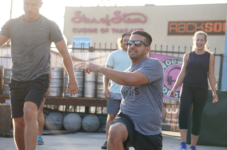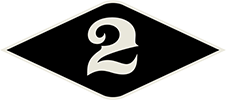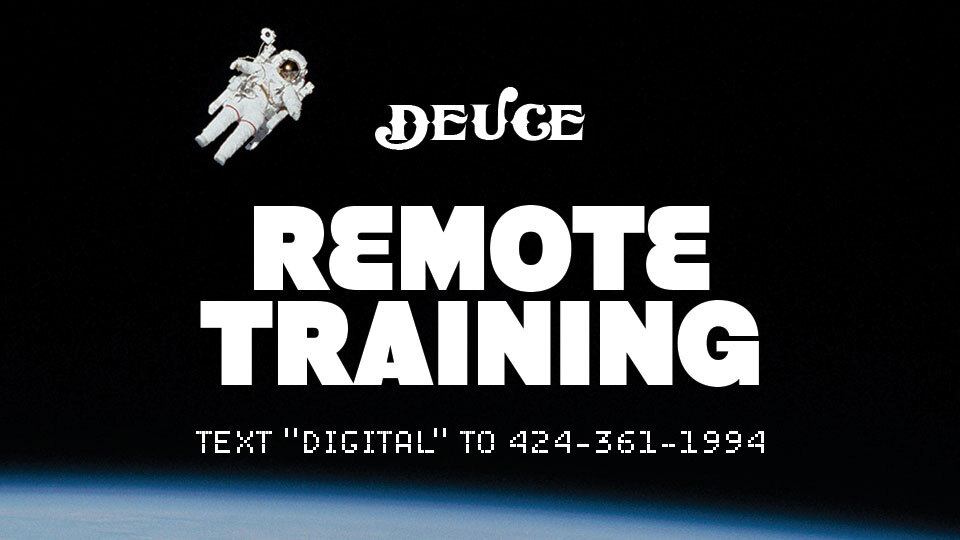
Critical to realizing ideal outcomes is having an objective view of the desired result. Since many of our goals are subjective, this is critically important. Failing to do so will place you in an endless loop shooting at a moving target.
We’ve discussed this before and it’s a cornerstone in our Coach’s Prep 101 program. Great coaching, after all, could be quite subjective. It’s not for us because we’ve chosen to make it objective. This act of making a subjective goal object is critical to closing the distance towards it.
After all, how can you master beautiful dance if you haven’t yet defined what “beautiful dance” is. Until you do so (making it objective), it will remain subjective and much less easy to grasp with two hands. The way we make excellent coaching objective is by defining it. For example, we have a model to define it, which begins with one’s ability to set, communicate, and build a standard, hold those skills in context, and finally assume the responsibility of leadership.
When you make your subjective goal object, you now know it when you see it. You can most literally see deviations from the standard. We even have an evaluation tool for coaching so we can precisely evolve coaches closer to the standard we’ve set.
The implications if what I’m saying here transcend coaching and all of fitness. If you want any subjective result, you’ll have better results if you can make it more objective. For example, if you want to “be happy” or get “good at the piano”, you’d be better off if you translated those subjective desires into something like “spending twenty leisure hours per week with your family” or “being able to play Beethoven’s 9th with two or fewer mistakes.”
If you don’t know it when you see it, how will you ever get there?
Logan Gelbrich
@functionalcoach
5/30/18 WOD
Complete 4 rounds for quality of:
8-12 GHD Situps
12 Single Leg RDLs
Then, complete the following for time:
1K Row
25 Wall Balls (20/14)
12 SDLHP (95/65)
Immediately into:
100 Double Unders
25 Thrusters (95/65)
12 Bar Muscle Ups

